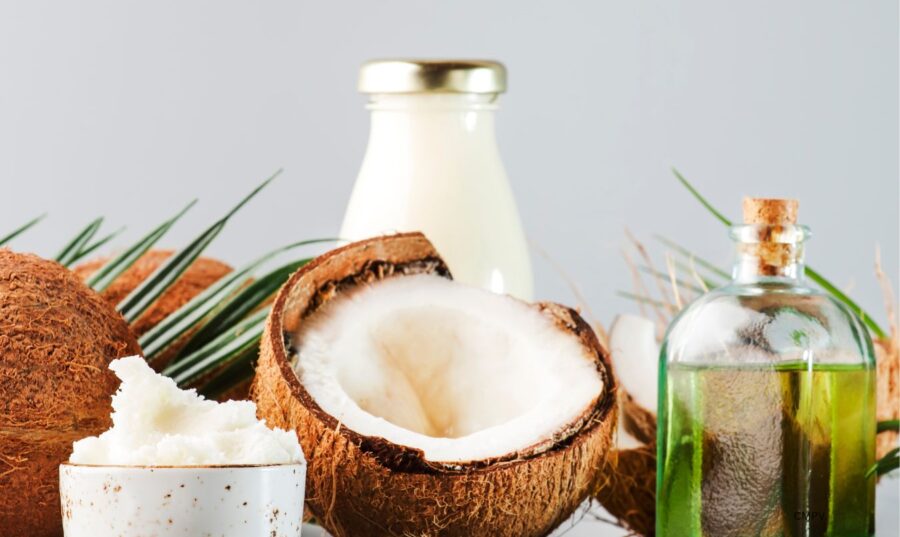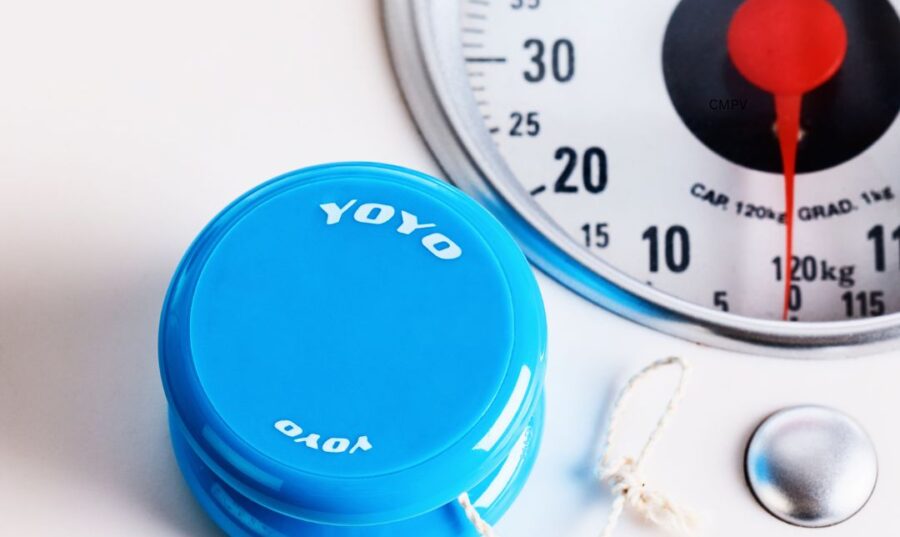|
Getting your Trinity Audio player ready...
|
Coconut oil is gaining popularity as a functional food oil. It is an edible oil and mainly composed of saturated fat (85%). According to Ayurvedic literature, coconut oil nourishes the body and helps increase resistance against diseases. In southern India it has medicinal uses when mixed with certain herbs. In coconut-producing countries it is commonly used in daily food and is the main ingredient in many of their dishes.
Some Applications of Coconut Oil
- It helps protect our skin from ultraviolet rays when applied to it, blocking 20% from these rays. However, the sun protection factor (SPF) is 7.
- It resists cooking temperatures up to 177º C (350º F) without breaking its chemical structure, as it is mainly a saturated fat.
- Helps in wound healing, due to its anti-fungal and antibacterial properties.
- Moisturizes the skin when applied externally. Although its application on the face is not recommended for people with oily skin.
- Helps repair cracked heels.
- Improves hair health by reducing hair protein loss. It can be applied before or after shampoo, both on healthy and damaged hair.
- Useful as a makeup remover. Removes even the toughest waterproof mascaras.
- Useful as a deodorant for its antibacterial properties when mixed with other natural ingredients, such as arrowroot powder, cornstarch, baking soda and perfume oil.
- Improves dental health. One of the bacteria that destroys is Streptococcus mutans, which causes dental diseases, such as dental plaque, cavities and gum disease. When you rinse with coconut oil for 10 minutes, the bacteria in your mouth is reduced as much as rinsing with an oral antiseptic. However, several scientific organizations do not recommend it for oral health due to limited evidence.
- It reduces the work of the pancreas, gallbladder and the digestive system in general, when consumed. The 15% in your fats are medium chain triglycerides (MCT), which are transported directly to the liver to be oxidized.
Challenges When Consuming Coconut Oil
- It has 80-85% lauric acid, a type of saturated fat that raises total cholesterol and LDL ("bad") cholesterol levels. Saturated fats increase the risk of cardiovascular diseases. The American Diabetes Association points out that coconut oil is a saturated fat and its consumption should be limited or avoided.
- Provides 115 calories per tablespoon, Therefore, its daily consumption is not recommended, particularly for people who must control or lose weight.
- Saturated fat (lauric acid) "breaks down" when heated to temperatures above 177º C (350º F). By consuming this fragmented fat Free radicals are created, causing inflammation in our body. This inflammation damages the cell wall, increasing the risk of cardiovascular diseases and certain types of cancer.
The American Heart Association recommends that the intake of saturated fats does not exceed 5% or 6% in our daily diet. This is up to 120 calories a day from saturated fat (13 grams a day). This equals 1 tablespoon daily (3 teaspoons) of coconut oil, at most. In summary, coconut oil increases levels of total cholesterol and “bad” cholesterol, has many calories all from fat, and can create free radicals and inflammation in our body. However, it has other applications beyond ingestion, which deserves a chance.
Ng, Y.J. et al. (2021). A Comprehensive Review on the Technique for Coconut Oil Extraction and Its Application. Bioprocess and Biosystems Engineering, 44(9):1807-1018.
Peedikayil, F. C. (2019). Is Coconut Oil Good for Oral Health? A Review. Journal of Health Research and Reviews, 6(1):1-4.










